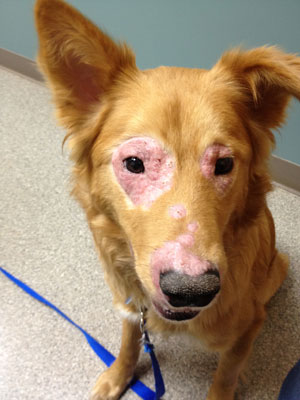The Drug Problem In Veterinary Medicine
Veterinary Medicine has a bit of a drug problem
As in using too many of them, too often.
A classic overused drug..
Steroids.
They are used for many veterinary conditions, from treating asthma in cats, suppressing the immune system in polyarthrits, to the most common condition- stopping the itching in allergic pets.
But they come with side effects
Here is what Clinicians Brief has to say about some of the side effects:
Classic complications of dogs undergoing glucocorticoid therapy include massive polyuria and polydipsia ( increased drinking and urination), hepatomegaly ( enlarged liver), thin skin, panting, and polyphagia ( increased eating). Hair regrowth is diminished, and ultimately, bilaterally symmetric alopecia may develop ( hair loss on both sides of the body).
Other complications may include:
• Steroid hepatopathy, predictable in dogs although rare in cats
• Elevated liver enzymes, including alkaline phosphatase
• Histopathologic hepatic changes
• Marked lethargy
• Panting (thought to result from hepatomegaly and skeletal muscle weakness)
• Gastrointestinal signs, including gastric ulcerations
• Diabetes mellitus or diabetic ketoacidosis
• Pulmonary thromboembolism
• Urinary tract infections, including emphysematous cystitis infections
• Pyometra in intact female dogs
• Rarely, severe aggression.
The suggestion from Clinicians Brief, and my own belief..
The best way to prevent complications is to avoid using steroids when possible.
Heal Your Pet At Home!
Best Wishes,
Dr Andrew Jones, DVM
P.S. If you are looking for a quick and easy way to help your dog’s allergies, I suggest you try my supplement, Dr Jones’ Ultimate Canine Health Formula. It contains essential fatty acids, probiotics, and colostrum, but more importantly it has helped thousands of dogs. See what it can do for your dog here:
